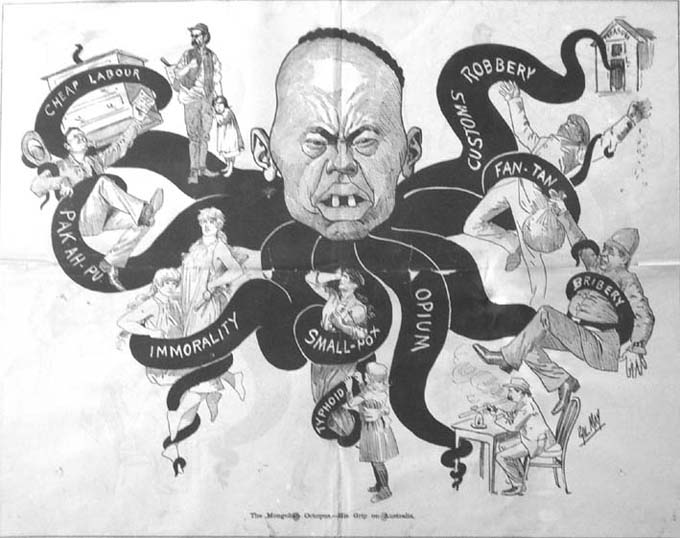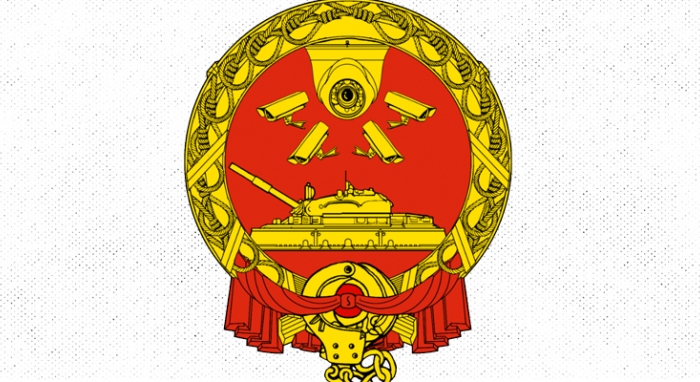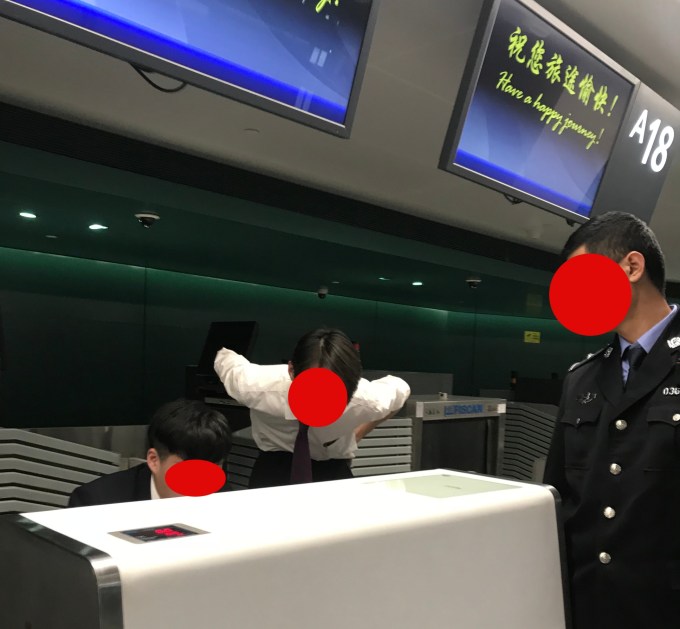- The Trump administration debated banning visas for Chinese nationals to come and study at US universities for fear of spying
- The head of the FBI said China uses non-traditional intelligence gatherers, like students, to steal information in the US.

Chinese honeytraps: FBI Director Christopher Wray said Chinese "collectors" — what the intelligence community calls people who gather intelligence on behalf of agencies or governments — had infiltrated US universities.
President Donald Trump's administration debated the idea of banning visas for Chinese nationals to come and study at US universities for fear of spying, the Financial Times has reported.
Former Iowa Governor Terry Branstad, now US ambassador to China, shot the initiative, according to the FT.
Former Iowa Governor Terry Branstad, now US ambassador to China, shot the initiative, according to the FT.
The report said the idea was championed by Trump administration immigration hardliner Stephen Miller.
Under Trump the US has confronted China like never before, and the FT's report comes at a time of record high military tensions between the great powers.
President Trump's recent National Security Strategy explicitly called for the kind of review reportedly put forth by Miller.
The strategy said it would "review visa procedures to reduce economic theft by non-traditional intelligence collectors" while reevaluating how the US provides access to foreign students in science fields, which have national security implications.
Chinese students-spies
 FBI Director Christopher Wray.
FBI Director Christopher Wray.
In February, FBI Director Christopher Wray described China as a "whole-of-society threat" that required from the US a "whole-of-society response."
Wray said Chinese "collectors" — what the intelligence community calls people who gather intelligence on behalf of agencies or governments — had infiltrated US universities.
"I think in this setting, I would just say that the use of nontraditional collectors — especially in the academic setting, whether it's professors, scientists, students — we see in almost every field office that the FBI has around the country," Wray said.
"They're exploiting the very open research-and-development environment that we have, which we all revere, but they're taking advantage of it," Wray said.
Downward spiral of US-China relations
 The US and China have increasingly began butting heads in less of a rhetorical sense, and more in their military relations.
The US and China have increasingly began butting heads in less of a rhetorical sense, and more in their military relations.
Beijing protests every time a US or international warship transits the South China Sea, a key waterway in the Pacific that China has laid unilateral claim to, in violation of international law.
On Sunday a Chinese destroyer nearly rammed a US destroyer that was sailing within 12 miles of a sea feature claimed by China.
The encounter "constituted a risk of collision, in violation of the International Rules of the Road [Collision Regulations], which govern the safe navigation of vessels" and "violated the Code for Unplanned Encounters at Sea (CUES), a multilateral agreement including both the PRC and the US," Lawrence Brennan, a maritime lawyer and former US Navy captain told Business Insider.
The incident also followed the US sanctioning China for buying Russian arms, as well China denying a US ship the right to make a port call in Hong Kong.
Under Trump the US has confronted China like never before, and the FT's report comes at a time of record high military tensions between the great powers.
President Trump's recent National Security Strategy explicitly called for the kind of review reportedly put forth by Miller.
The strategy said it would "review visa procedures to reduce economic theft by non-traditional intelligence collectors" while reevaluating how the US provides access to foreign students in science fields, which have national security implications.
Chinese students-spies
 FBI Director Christopher Wray.
FBI Director Christopher Wray.In February, FBI Director Christopher Wray described China as a "whole-of-society threat" that required from the US a "whole-of-society response."
Wray said Chinese "collectors" — what the intelligence community calls people who gather intelligence on behalf of agencies or governments — had infiltrated US universities.
"I think in this setting, I would just say that the use of nontraditional collectors — especially in the academic setting, whether it's professors, scientists, students — we see in almost every field office that the FBI has around the country," Wray said.
"They're exploiting the very open research-and-development environment that we have, which we all revere, but they're taking advantage of it," Wray said.
He added that there is a naiveté among academics about the risks posed by Chinese nationals at US universities.
The Institute of International Education found that US universities in 2015-16 admitted nearly 329,000 Chinese students.
The Institute of International Education found that US universities in 2015-16 admitted nearly 329,000 Chinese students.
These students, who live and spend money in the US, represent one of the few trade surpluses the US enjoys over China in the services sector, while China dominates trading of goods.
"We do not open investigations based on race, or ethnicity, or national origin," Wray later told NBC News.
"We do not open investigations based on race, or ethnicity, or national origin," Wray later told NBC News.
"But when we open investigations into economic espionage, time and time again, they keep leading back to China."
Downward spiral of US-China relations
 The US and China have increasingly began butting heads in less of a rhetorical sense, and more in their military relations.
The US and China have increasingly began butting heads in less of a rhetorical sense, and more in their military relations.Beijing protests every time a US or international warship transits the South China Sea, a key waterway in the Pacific that China has laid unilateral claim to, in violation of international law.
On Sunday a Chinese destroyer nearly rammed a US destroyer that was sailing within 12 miles of a sea feature claimed by China.
The encounter "constituted a risk of collision, in violation of the International Rules of the Road [Collision Regulations], which govern the safe navigation of vessels" and "violated the Code for Unplanned Encounters at Sea (CUES), a multilateral agreement including both the PRC and the US," Lawrence Brennan, a maritime lawyer and former US Navy captain told Business Insider.
The incident also followed the US sanctioning China for buying Russian arms, as well China denying a US ship the right to make a port call in Hong Kong.
China recent cancelled military-to-military talks with US Defense Secretary Jim Mattis, despite previously hailing those talks as important.
In May, the US banned all Chinese-made smartphones from the Pentagon, saying devices from Huawei and ZTE "may pose an unacceptable risk to department's personnel, information and mission."
In May, the US banned all Chinese-made smartphones from the Pentagon, saying devices from Huawei and ZTE "may pose an unacceptable risk to department's personnel, information and mission."







